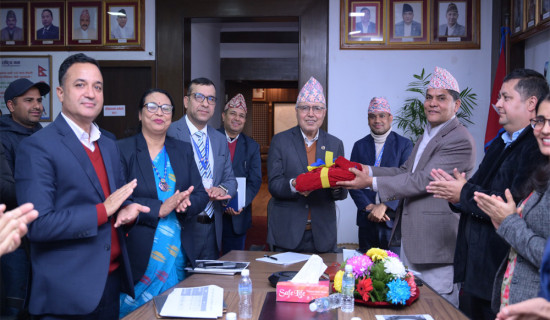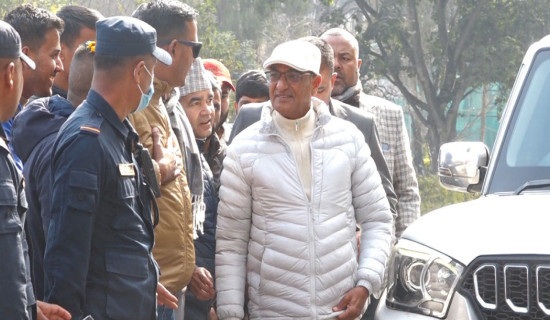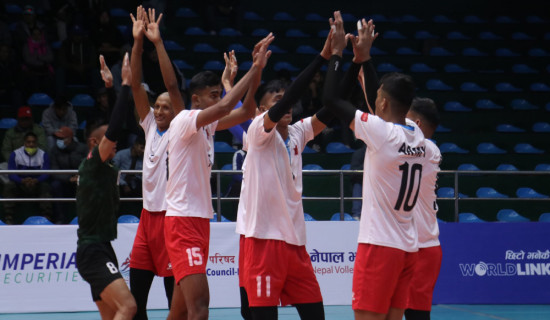- Tuesday, 30 December 2025
Karnali’s Development
Despite possessing abundant natural resources, Karnali Province is generally known for its economic underdevelopment. It has been unable to tap its natural beauty, rich biodiversity, forests, herbs and water resources for the economic transformation. Instead, it is identified by negative terms such as widespread poverty, ignorance, illiteracy, inequality, disease, food crisis, frequent natural disasters and difficult topography. These factors have hindered the socio-economic development of the province, which was once the cradle of Khas-Aryan civilisation and birthplace of Nepali language. It is also famous for its art, culture, archaeological sites, religion and costumes. In the past, Karnali suffered from utter political neglect and deprived of fair allocation of budget by the central government. As a result, the people’s aspirations for decent, dignified and happy life have been unfulfilled.
Karnali's education, health and social security status is quite disappointing. Its multidimensional poverty stands at over 50 per cent. Unemployment is so acute that the seasonal migrant workers go to India in droves for job. With the adoption of the federal system, Karnali Province was created, raising the hope for better governance and improvement of the livelihood of the people. As federalism is based on self-rule, the provincial government is expected to exercise the constitutionally defined rights to accelerate economic growth. It has witnessed the formation of at least two governments. The previous Karnali Province government had unveiled the concept of ‘green economy’, for the sustainable development of the region. It gave priority to agriculture, hydroelectricity, transportation, drinking water, settlement development, communication and social security. It had focused on tourism, science, technology and innovation, while bracing to realise the notion of digital Karnali for e-governance.
But the implementation of those programmes was not up to the mark. Experts have noted that the provincial governments have been unable to show capacity and competence to enforce its snappy slogans and programmes. For instance, the Karnali government has spent only 26 per cent of budget in the nine months of current fiscal year while the development budget is around 22 per cent. This indicates there are certain shortcomings in setting priorities and spending budget. The provincial and federal governments need to work in tandem to effectively implement the development programmes and ensure effective service delivery for the Karnali people. The elected representatives from Karnali Province have an important role in overcoming these shortcomings.
Against this backdrop, altogether fourteen parliamentarians representing Karnali Province in the Federal Parliament have jointly submitted a development plan to Prime Minister Pushpa Kamal Dahal Prachanda, demanding that the government accord top priority to Karnali in the upcoming budget. In his response, PM Prachanda noted that Karnali was the only province that was still far behind in terms of development compared to other provinces. Lawmakers have stressed investing in agro sector, herb and small-scale industries and establishing Karnali microfinance bank, with subsidised loans. They sought the allocation of at least Rs. 5 billion to minimise poverty and unemployment, increase per capita income and run special programme for self-employment. Construction of roads, highways and corridors, hospitals, medical colleges and Sinja Civilisation Khas Museum has also been highlighted. It is a matter of satisfaction that the lawmakers from different political parties have risen above the partisan interest and voiced for the integrated development of Karnali. The government should allocate adequate budget in a balanced manner so that Karnali will see inclusive growth and prosperity.









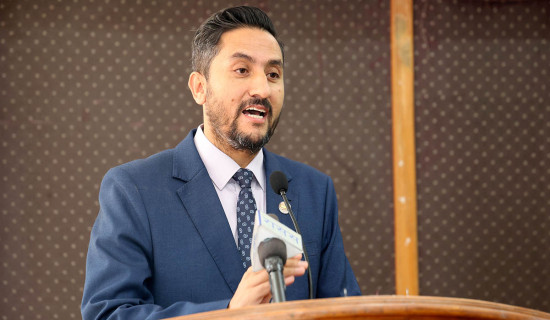
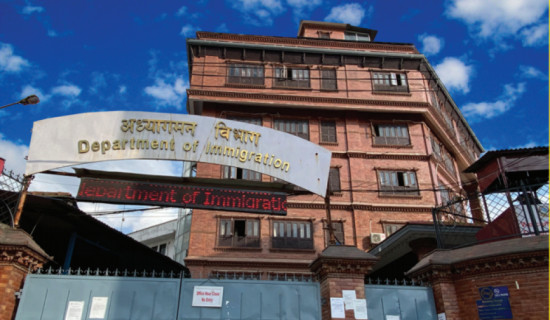
-original-thumb.jpg)
-original-thumb.jpg)

